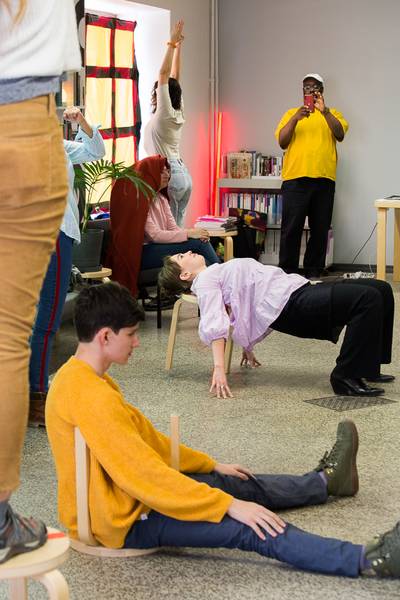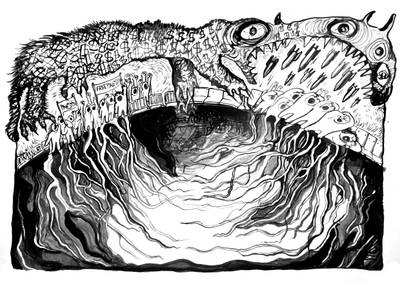

Essays
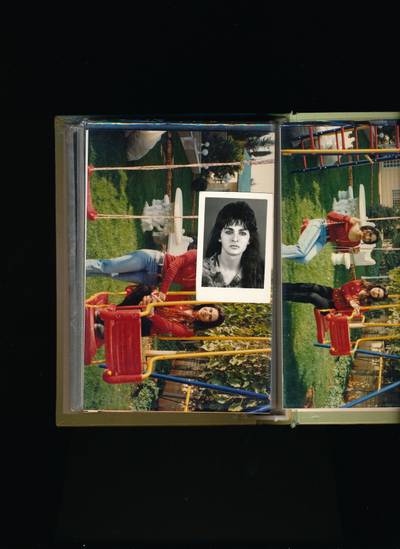

How I come to imagine freedom in the context of the Kurdish struggle is my own form of un-learning. It is an un-learning that has left third-degree burns as I grieve the many magical possibilities I imagined as a child. Firstly, there was always an imagining of a return. Then there was an imagining of a gentler story - one not so filled with the relentless cycle of violence. One where Kurdish women weren’t killed by their own families, their husbands, or whoever it was that imprisoned Öcalan. The third was access. Being able to access my grandparents at any will.
READWho Gets to Live? — On Archives and Kurdish Identity Formation
Êvar Hussayni’s essay is an engagement with her memories through Jineolojî, shaped as they are by a mix of rage, grief and longing. It is an evolving testament to a Kurdishness that is intimately personal and profoundly collective, and continuously shaped by Kurdish women who remember, resist, and redefine themselves to exist outside of the colonial framework.
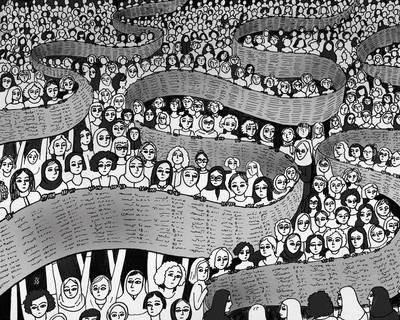

These methods, besides protesting and street face-to-face talking and gathering signatures, were necessary to undo the normality of discrimination and patriarchy. The one million signature campaign brought a reviving soul into Iran’s feminist movement and civil society by bringing the challenge to homes, families, streets, and every public space, such as buses, parks, and workspaces. Face-to-face conversations would bring deep conversations, many personal stories and many more people to join the movement.
READWe Change: On the Processes of Iran’s One Million Signature Campaign
Iran’s women-led One Million Signatures Campaign for the Reform of Discriminatory Laws was an extraordinary phenomenon. What you read here is a personal reflection on the democratic, nonhierarchical, open, and evolving organising processes of this campaign.
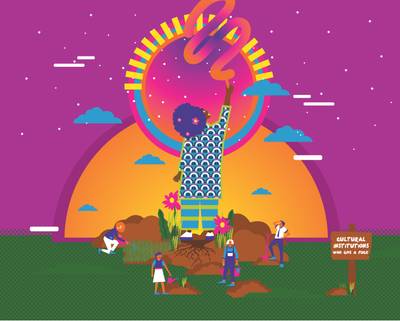

We cannot use geography as the perimeter for cultural exchange; instead, we should look at the space where the exchange takes place. Who is curating, producing and inviting these artists? These are central questions defining whether the transference is cultural exchange or not. In this essay, I deconstruct the ‘power dynamics of cultural exchange’ from the perspective of Gambian and Senegalese artists and elaborate on how the room, respect, celebration, identity and negotiation play a pivotal role in cultural exchange.
READFrom Periphery to Center: Deconstructing the Power Dynamics of Cultural Exchange
We love to talk about mutual respect and celebrating art, so what does that mean in the context of Cultural Exchange? The art field is often viewed as progressive when it comes to inclusion, but is it?
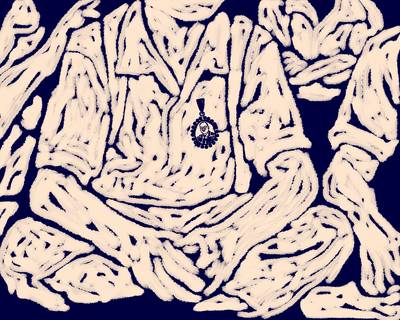

Every Dalit student getting an education in India is reclaiming their right to humanity, questioning those in power, and working towards dismantling these power structures. In this process, it is important to archive our experiences, express our views, and engage in an ongoing conversation on education systems as a tool for liberty.
READReimagining Education: A Vision of Justice and Equity
In the shadow of towering institutions, how do Dalit students navigate a maze of discrimination, carving out a space for themselves amid the pervasive societal gaze?
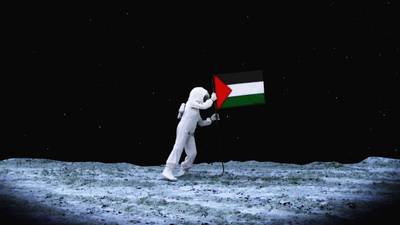

As the voices calling for Palestinian freedom intensify by the day, it benefits this critical moment to examine possible exercises in re-thinking settler-colonial and postcolonial violence while imagining alternative futures. The Palestinian struggle for a liberated future necessitates borrowing from other cultures and traditions while carving out spaces for emboldening and empowering intersectionality. With that in mind, what potentialities of hope and resistance can be encapsulated under alternative imaginings of the (Palestinian) future?
READA Space for Palestine: Between Science & Critical Climate Fiction
How does adopting the critical lens of indigenous climate fiction open more generous future possibilities for the colonized- especially Palestinians, who continue to suffer from the expansive and fatal repercussions of Israeli settler-colonialism?
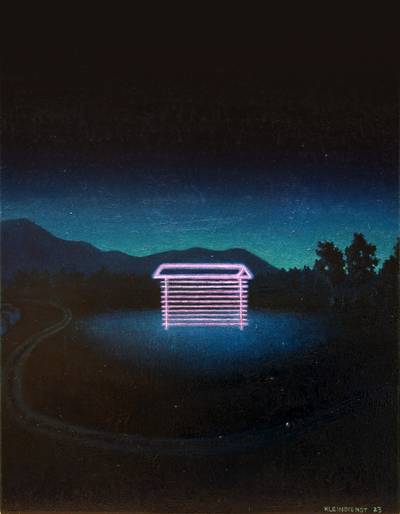

the disturbances that these works are tackling are not pervading in a grandiose manner of overwhelming catastrophes that are daily broadcasted over popular media. Instead, they appear as quiet signifiers of larger issues whose complexity remains opaque. In a way, they feel similar to glitch, as a temporary broken image in which precisely this rupture holds the troublesome message. This way, the expected pattern is broken, and the artist interferes with the existing paradigm in order to challenge its meaning fragmentally.
READTraces of Landscape Disturbances
How can landscape disturbances, both overt and subtle, be addressed effectively in art practices? The essay explores works by Slovenian and Croatian artists, examining their engagement with the environment on a micropolitical level and challenging imposed divisions.
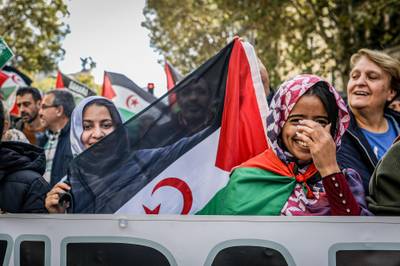

In 2022, I travelled to the occupied city of Laayoune with journalist Jacob Kushner to report on how Morocco’s government had weaponized the COVID-19 pandemic as another excuse to persecute Sahrawi independence activists. One of the tell-tale signs of the occupation is how the Moroccan flag is draped everywhere, to an extent not seen in Morocco.
READThe Continued Occupation of Western Sahara
Western Sahara has been occupied by the Kingdom of Morocco for nearly half a century. Throughout the pandemic, Morocco weaponized COVID-19 as yet another tool in its arsenal to violently repress Sahrawi independence activists, with ramifications palpable throughout Western Sahara to this day.
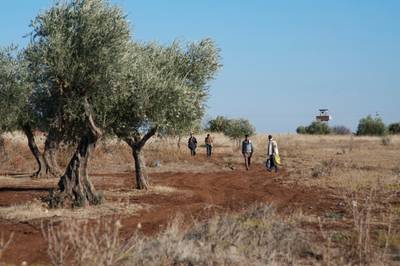

In this essay, I take ‘disasters’ as thresholds to explain that nothing is natural about them but the underlying infrastructures and injustices that push people and beings to the brink of extinction. I further emphasise that the self-organized mutual aid networks demonstrate the necessity and potential for building alternative futures outside the deepening systems of oppression, racism, and discrimination that these disasters exacerbate.
READSurviving Unjust Lands; (im)Possible Futures
Disasters on the Turkey-Syria border expose the states’ obsolescence and collective suicide, but also people on the margins, repeatedly displaced, nonetheless building mutual aid networks to survive. These grassroots efforts offer a blueprint for a future beyond oppressive systems.
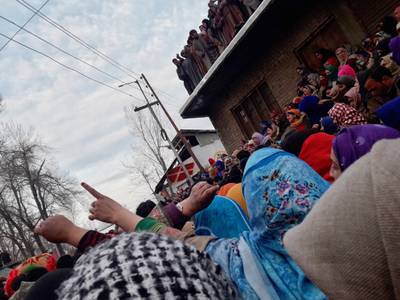

Ruination is the foundational violence that established the Indian nation-state. Long perfected in Indian-Occupied Kashmir over the last seven decades, camouflaged under the optics of democracy and development, it is ruination that has accelerated India’s settler-colonial project, setting the layout of demographic engineering across the region.
READLocked in Atrocity Image: The Ruination of Muslim Space and Body in India and Kashmir
How to fight brahmin supremacist violence in India and demand Kashmir’s liberation without disseminating images that spectacularise their ruination? Can we prioritise sensation over sensationalism? Do we have the collective tools to respect the rights of those who wish to remain unseen in life and in death, who do not want themselves to be reduced to a body circulating in pixel streams, their fate decided by algorithms? What measure of accountability can we honour to establish an ethic of seeing? How to build solidarities that are not conditional on these appeals of innocence?
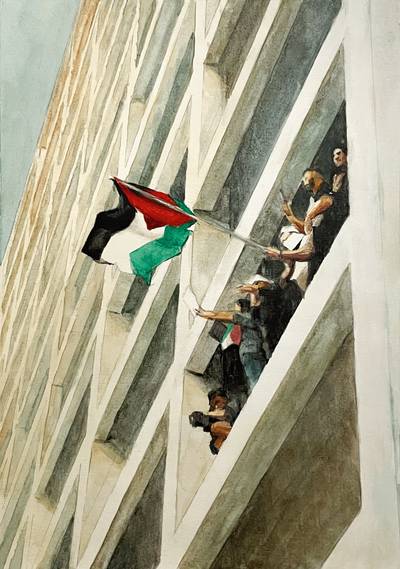

Heba Dbaa, a teacher from Gaza, gives an account of her experience living amid Israel’s unfolding genocide of Palestinians since October 7, 2023.
READMy Existence in My Homeland is Resistance
Heba Dbaa, a teacher from Gaza, gives an account of her experience living amid Israel’s unfolding genocide of Palestinians since October 7, 2023.
